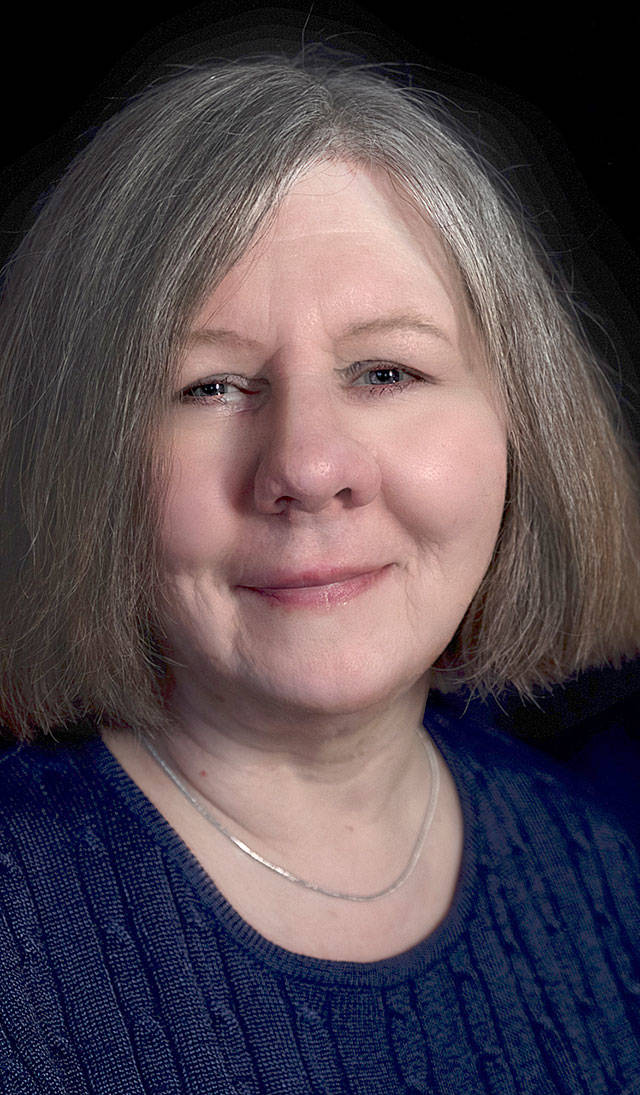Have you ever stopped to consider the differences between the words gratitude and thankfulness? Since we Americans tend to interchange different words with similar meanings, many of us do not think about the subtle distinctions between the individual words themselves.
This has happened so often between the words gratitude and thankfulness that even some dictionaries are now interchanging the meanings of these two words. Part of this confusion is the fact that the word gratitude comes from the Latin word “gratus” — which means thankful.
Probably the simplest way to define the subtle difference between them is to say gratitude can be defined as an attitude and thankfulness can be defined as the act of showing gratitude. At the same time I acknowledge there are other options for differentiating the meanings of these words.
For centuries society’s intellectuals have studied how gratitude affects our daily lives. Cicero and Seneca, as well as Adam Smith, preached the importance of giving thanks.
In recent years a new branch of psychology sprouted called the Positive Psychology Movement. Experts described it as “The study of what constitutes the pleasant life, the engaged life, and the meaningful life.”
One of the key foundations of Positive Psychology is an attitude of gratitude and how it affects our lives and the lives of those around us. However, as early as the 1950s some experts wrote about the concept.
One example is when you send a person a note of gratitude thanking them for helping you. Your simple act validate the person, gives them a sense of gratitude, and reduces any sadness the person may be experiencing. This in turn encourages him or her to send a thank you note to another person. Gratitude then enhances the well-being of three people.
Neuroscientist Alex Korb wrote about how our brains become conditioned to function in repeated ways. An example is a person who worries about bad things subconsciously re-wires his or her brain to only process negative information. Yet when that same person consciously creates gratitude in his or her life the brain is consciously re-wired to process positive information, thus improving mental health.
Two ways, out of many, to increase the gratitude to our lives and to re-wire our brains is to keep a gratitude journal and to have at least one gratitude buddy.
Zig Ziglar summed all of this up nicely in one simple sentence. “Gratitude is the healthiest of all human emotions.”
Remember, I am running another contest and this one allows a longer time frame for people to respond. I am writing a booklet titled “101 Suggestions for Aging Successfully.” Every reader who sends me a suggestion which I can use in the booklet will have their name in the book with their suggestion. The first 25 people to send me a suggestion I can include will receive a free copy of the book.
It is my goal to have the booklet published by the end of January 2021. The deadline for sending in suggestions is Nov. 30, 2020. There is a limit of three suggestions per submission.
Email and send us your suggestion for the booklet to information@crystallinn.com. I do personally respond to every email.
Crystal Linn is a multi-published author and an award-winning poet. When not writing, or teaching workshops, Crystal enjoys reading a good mystery, hiking, and sailing with friends and family. See crystallinn.com.



